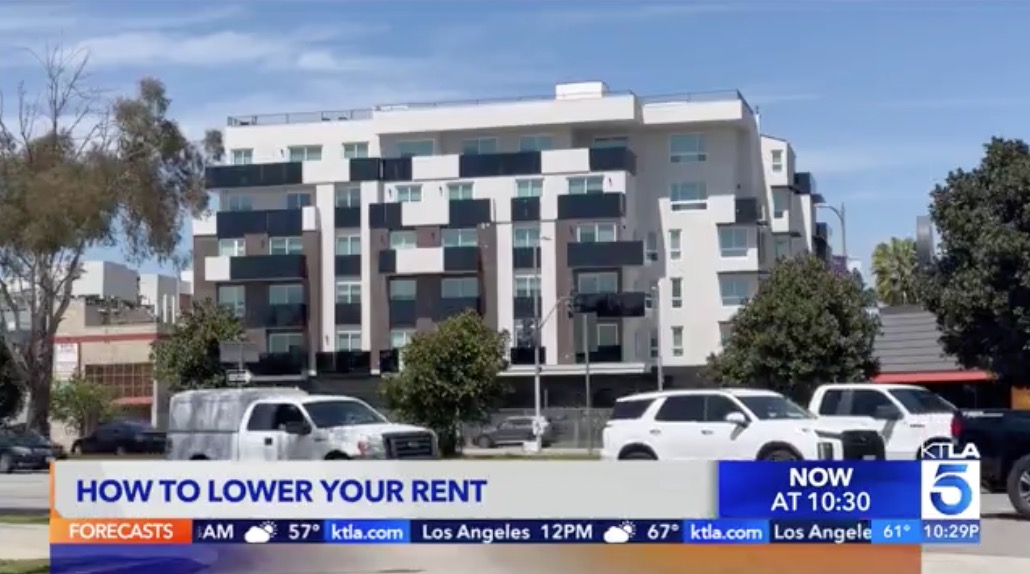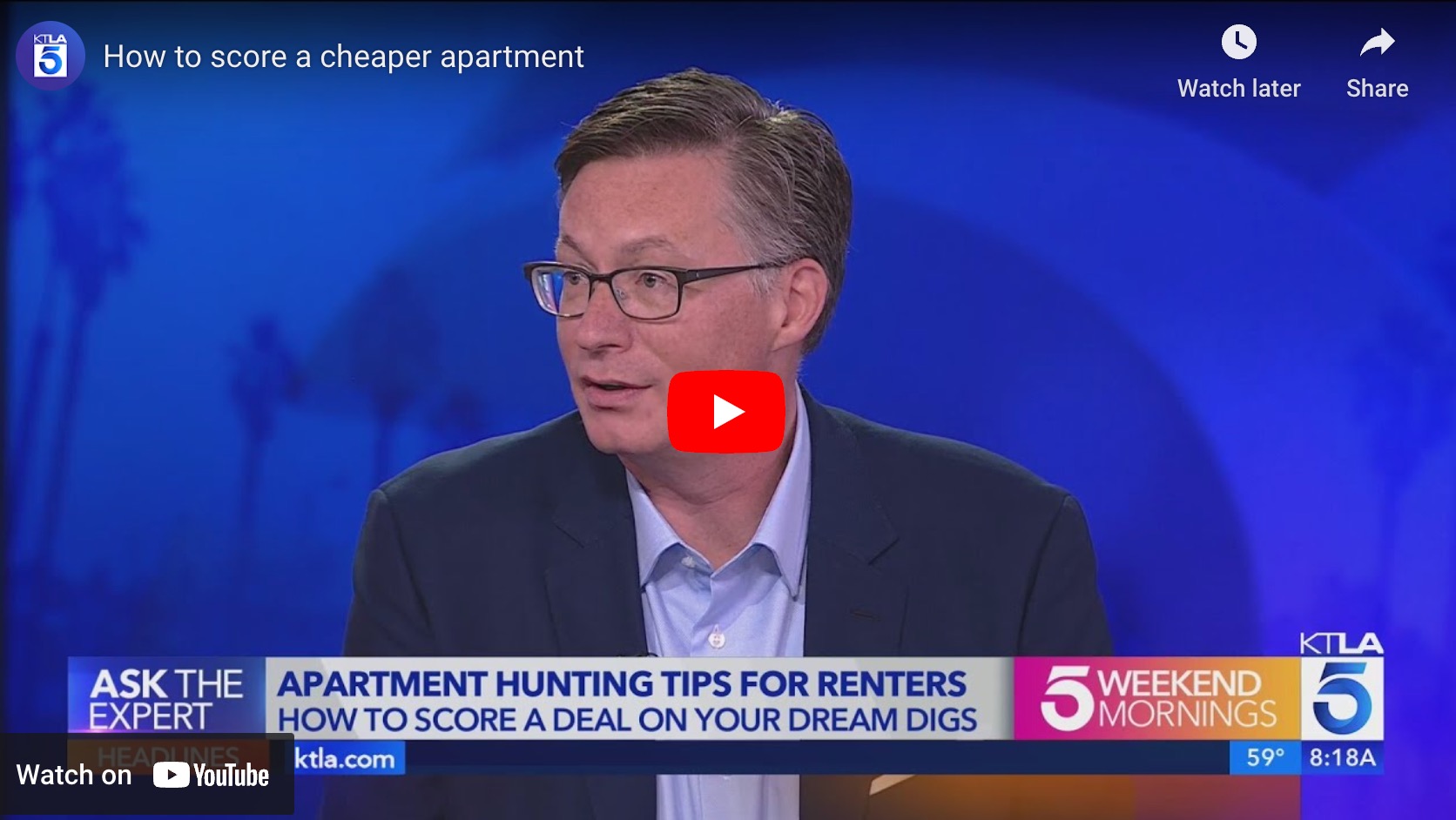If you’re moving into a new rental home, you might be wondering about exactly what your landlord is supposed to do. You know they’ll collect rent, and you know you can call them for certain repairs. But who takes care of what, exactly? Who mows the lawn? If a slat in the porch breaks, who fixes it?
Truthfully, there’s no one-size-fits-all answer. However, there are certain things your landlord is legally required to do. We’ll walk you through those. Additionally, we’ll explain some of the most common practices around the division of labor between you and your landlord. Hopefully, this explanation will help make things a little clearer for you.
The Bottom Line of a Landlord’s Responsibility
No matter what, your landlord is required to keep your rental home “habitable.” There are a few different things that fall under the legal definition of a habitable home, and it does depend on the state, so check your local laws. There are a few commonalities, however, so we’ll list them off for you. Typically, the rental home must be:
- Structurally sound
- Free from infestation
It also must have adequate:
- Heat
- Water
- Electricity
Make sure to brush up on your state’s legal definitions of habitability so you understand the baseline of your landlord’s obligations towards you.
It All Depends on Your Lease
From here on out, who is responsible for the other tasks which are part of maintaining your home will largely depend on your lease, on a case-by-case basis. The text of that will help you to understand exactly who is responsible for what. If you’re confused, you can always have a discussion with your landlord. However, there are a few ways of dividing up the responsibilities which are more common. We will walk you through these.
Your Landlord is Usually Responsible for Repairs
Landlords are often responsible for major and minor repairs around the rental home. This doesn’t mean a spill on a rug, but it does mean a door which is coming off its hinges or a smoke detector which doesn’t work. If the tenant did not create the damage and it comes of the house simply wearing down, it is the landlord’s responsibility. If the repairs damage ends up making the home “uninhabitable,” according to the definition above, a landlord is often required to fix these within 24-48 hours.
Make sure you inform your landlord when repairs are necessary so that you can sort something out as soon as possible. If the landlord doesn’t have the skills necessary to fix the problem themselves, they will call a professional to do it. After all, it is in their best interests to keep the rental in good repair.
Your Landlord is Usually Responsible for Insect Infestations
This falls under the “habitable” definition again. If you have an insect infestation in your rental home and it is not your fault, your landlord is usually responsible for making sure that it gets exterminated. This may not be the case depending on your state, but it usually is, so be sure to check.
However, if the infestation is due to your behaviors as a tenant, then getting the infestation exterminated is your responsibility and you will have to pay for it. Most often, this is due to leaving food out. Behavior such as that will cause pests like fruit flies. Not cleaning your bed regularly and being careful with your clutter could lead to bed bugs. You won’t want to deal with those to begin with, never mind paying to have them exterminated!
You’ll also want to make sure the pest is really an issue. If you are new to an area of the country, you might think something is an infestation when it is a short-lived phenomenon. Just a few days ago, my born-and-bred-in-NYC roommate thought we might have an ant infestation in our house in the Massachusetts suburbs. I reassured them that this was just the way spring is in places like this. It’s not pleasant to deal with as a renter, but at least it won’t last forever.
Another thing to keep in mind would be how moving from one type of community to another will impact the pests you encounter in your rental home. If you’re moving from the city to the suburbs, you might not be used to seeing the temporary influx of bugs which occurs seasonally. These things are not necessarily infestations, but simply the ebb and flow of natural life in these communities, and not the landlord’s responsibility.

Yard Work
This depends on your lease. In terms of yard work, there are three different kinds of situations which might appear on your lease:
- Self-service: You, the tenant, are responsible for taking care of the yard. The landlord will not maintain it.
- Full service: The landlord takes care of the yard themself or hires someone to do it for them.
- A la carte: Both you and the landlord have certain responsibilities concerning the yard, which will be detailed in the lease. This is a flexible situation which you will probably discuss with your landlord.
Snow Removal
This depends on your lease and also your local laws. In Massachusetts, for instance, landlords are required to remove snow from the sidewalk when it snows. If you live somewhere else, however, this might not be the case. Check your local laws and your lease to see whether your landlord is responsible for keeping your sidewalk clean or whether you’ll have to get out the shovel.
Smaller Maintenance Duties Inside the House
You will be responsible for many small maintenance duties inside your rental home. This includes changing the air filters and the light bulbs, taking out the trash, keeping the rental relatively clean, and using the appliances correctly so that they do not break. Read the lease for the exact extent of your responsibilities. If you don’t follow them, your landlord may end up keeping part or all of your security deposit.
Not Happy? Negotiate!
If you don’t like the way maintenance is divided between yourself and your landlord, then you can always negotiate it. Say that your lawn maintenance is a la carte, for example. You might offer a longer lease for it to be full-service. If you offer to make certain small repairs around the rental, perhaps your landlord can shovel the walk. Figure out what you might be able to offer and use it in order to make your lease what you want it to be.
Also, keep in mind that in owner-operated rentals, the number of repairs and how you handle your requests can be the difference between a landlord breaking even or losing money on the rental. If you are respectful of the place and property, landlords will do a lot to keep you as a tenant. However, if you have unrealistic expectations, they will breathe a sigh of relief the day you move out. For example, if you’re moving into a hundred-year-old home, everything probably won’t function as well as it would in a brand-new luxury condo, so it’s a good idea to keep that in mind after you move in. Reasonable expectations will help you to form a happy, healthy relationship with your landlord.
Hopefully these tips will help you to understand some of the most common ways that the maintenance of a rental home is divided between landlord and tenant. Best of luck as you find and settle into your next home.
Check out Dwellsy’s blog.
Dwellsy has your back when you need to find a new rental.








